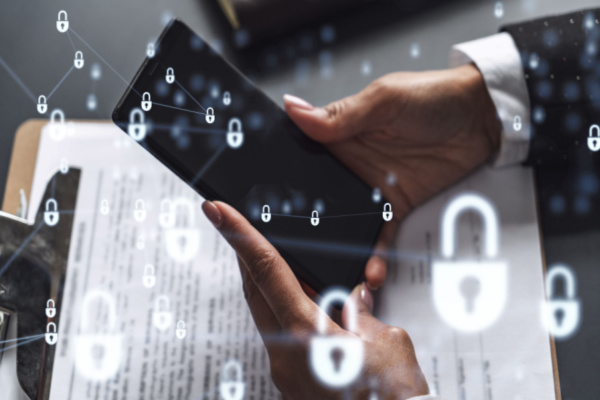This Fourth of July brought fireworks in the form of a digital security breach, one that has been recorded as the most significant password leak in history. Dubbed RockYou2024, this colossal data dump was unveiled by a user named “ObamaCare” on a prominent hacking forum, revealing a staggering 9.9 billion unique passwords in plain text.
The Scale of RockYou2024
The global computer security software company McAfee states that the sheer volume of compromised passwords is enough to make any security enthusiast’s head spin. RockYou2024 isn’t just a leak; it’s a behemoth collection of 9,948,575,739 passwords that could potentially affect millions of users worldwide. This event marks a critical point in cybersecurity, underscoring the relentless pace at which digital threats are evolving.
What’s Old is New Again
However, it’s crucial to note that RockYou2024, despite its unprecedented scale, is primarily a compilation of previously leaked passwords, building upon its predecessor, RockYou2021, which contained 8.4 billion passwords. This revelation might diminish the shock value for some, but it doesn’t reduce the threat level.
Implications of the Leak
According to Cybernews, which first reported on this massive compilation, RockYou2024 poses a significant threat to any system vulnerable to brute-force attacks. This includes not just online platforms but also offline services, internet-facing cameras, and even industrial hardware. When paired with other leaked databases that might include email addresses and other personal information, the potential for widespread data breaches, financial fraud, and identity theft escalates dramatically.
This Should Be a Wake Up Call
Despite RockYou2024 being a collection of older breaches, the updated and maintained list means everyone should remain vigilant. It is crucial to take steps to protect yourself from potential fraud or identity theft. While RockYou2024 might predominantly consist of recycled material from past leaks, it serves as a potent reminder of the ongoing cybersecurity battles. Proper password management and security measures are more crucial than ever. In today’s digital age, staying ahead means staying aware and taking proactive steps to protect your digital identity.
Scott Augenbaum, a retired FBI agent, cybercrime prevention trainer and author of The Secret to Cybersecurity, said about the companies whose sites have been hacked, “The big moral of the story is this needs to be a wake up call that no matter what a great job you do keeping yourself safe, someone’s going to lose your user name and password.”
The danger is that many people use very common passwords or if they’re using a more difficult password or passphrase, they use the same one for multiple accounts, said Augenbaum. When those passwords are compromised, hackers can get into multiple accounts, he said. “The passwords are out there,” he said. “That means the cybercriminals right now are banking on the fact that they’re going to capture one of your passwords. Are you using that same password for multiple platforms?”
It’s important to have a different password for each account, said Augenbaum. “This has an impact because just think about how many of our parents have the same password for multiple platforms or even our kids,” he said. “This will have a greater ripple effect across consumers than anyone could imagine.”
Augenbaum is particularly worried about the senior population, which is more likely to use the same password and could be vulnerable to scammers.
Take Steps to Protect Yourself
Here are five steps Augenbaum suggests consumers take to protect themselves:
- Reset All Passwords: Immediately change passwords for all accounts associated with the leaked passwords. Ensure each password is strong and unique. A good password should be at least 12 characters long and include a mix of letters, numbers, and symbols. You can check Cybernews’ leaked password check at https://cybernews.com/password-leak-check/. Augenbaum suggests starting by putting in the passwords for your “mission critical” accounts such as banking and personal finance, email and social media. If your password is among those leaked, change it on all sites where you use it. You can also use https://haveibeenpwned.com/ to put in your email address to find out if your information has been in any data breaches and change passwords there.
- Enable Two-Factor Authentication (2FA): Wherever possible, enable 2FA, which prompts you to verify yourself on a second device. This adds an extra layer of security by requiring an additional verification step beyond your password.
- Use a Password Manager: Utilize password manager software to securely generate and store complex passwords. This reduces the risk of password reuse across different accounts.
- Beware of Account Compromise: Always verify suspicious emails, even if they appear to come from someone you know. Check for signs of phishing and avoid clicking on unexpected links or attachments.
- Educate and Encourage Safe Practices: Encourage your friends and family to adopt these security measures and stay on guard for social engineering attempts. Cybercriminals often exploit the weakest link and unprotected accounts can lead to further breaches.
—
Photo Credit: VideoFlow / Shutterstock.com
